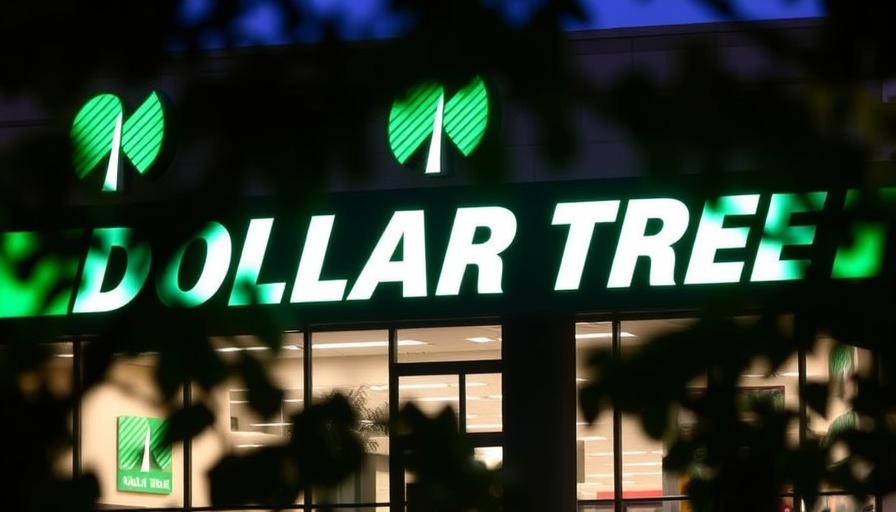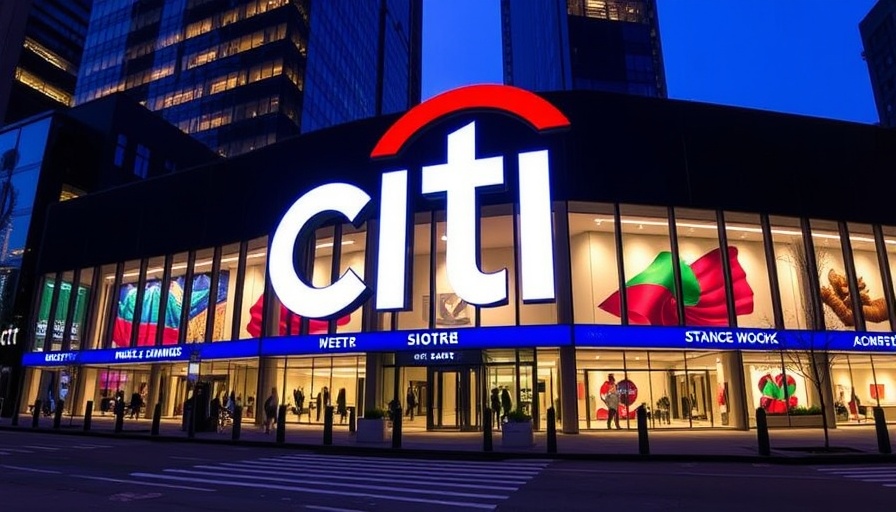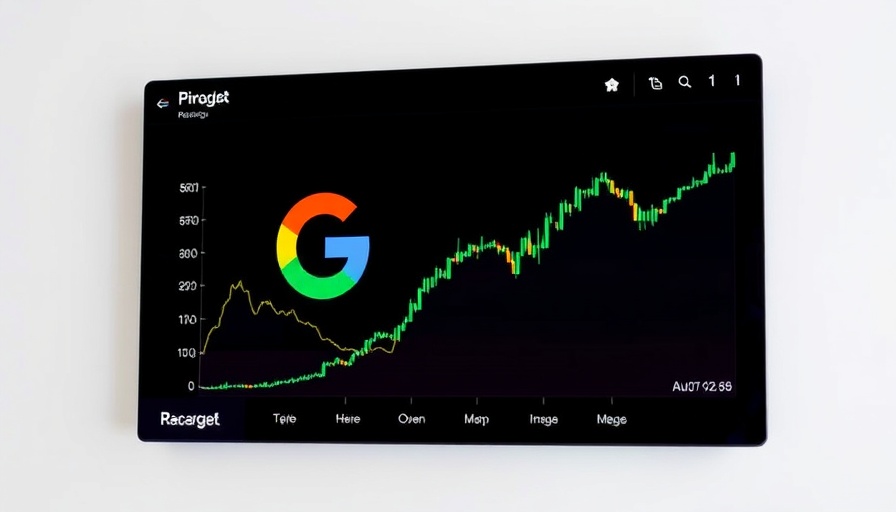
The Rise of Private Labels: An Economic Shift
In a rapidly evolving economy, brands are learning to adapt, and one significant trend emerging is the growth of private-label products. Retailers worldwide have begun investing heavily in their private labels, leading to remarkable revenue increases for companies like Creightons. In their recent financial report for FY25, Creightons attributed its revenue growth primarily to the surge in consumer demand for private-label items.
Understanding Private Label Growth Dynamics
Private labels are products sold under a retailer's brand name but manufactured by a third party. This strategy allows retailers to offer quality products at more competitive prices, providing an attractive option for price-sensitive consumers. With inflation affecting prices, many home shoppers are turning to private-label brands, which often provide similar quality to national brands but at lower price points. According to recent market trends, private labels accounted for a significant portion of retail sales and are projected to continue their growth in the coming years.
The Impact on Creightons' Revenue
Creightons’ recent financial report showcased a notable increase in revenue—reportedly driven by a substantial uptick in private-label sales. As consumers become more discerning and seek value for their money, companies that innovate in this sector stand to benefit significantly. Creightons' strategic focus on private-label offerings demonstrates a trend that is reshaping the retail sector.
Market Trends and Consumer Preferences
As more consumers become conscious of their spending, the preference for private-label products is expected to intensify. This shift influences a range of investment strategies, including those focused on consumer goods and retail sectors. For investors contemplating the stock market trends in light of evolving purchasing behaviors, understanding the dynamics of private labels can open new avenues for sound investment decisions.
Implications for Investors and Future Predictions
Investors should take note of the potential for growth in companies like Creightons that are effectively leveraging private labels to boost their revenues. The trend suggests that brands focusing on quality private-label offerings may experience greater returns as they capture more market share amidst changing consumer behaviors. This shift in market dynamics also urges investors to reassess traditional retail strategies, refocusing their attention toward more sustainable growth opportunities in this sector.
Conclusion: Embracing Change in the Retail Landscape
In conclusion, the growth of private labels presents a noteworthy opportunity not only for brands like Creightons but for investors as well. As market dynamics shift and consumer preferences evolve, the landscape of retail will continue to change. Investors keen on stock market analysis should consider the implications of these trends and how they can be valuable in diversifying their portfolios. Understanding these shifts can lead to informed decisions in navigating this exciting segment of the market, creating an advantageous position for future investments.
 Add Row
Add Row  Add
Add 



Write A Comment